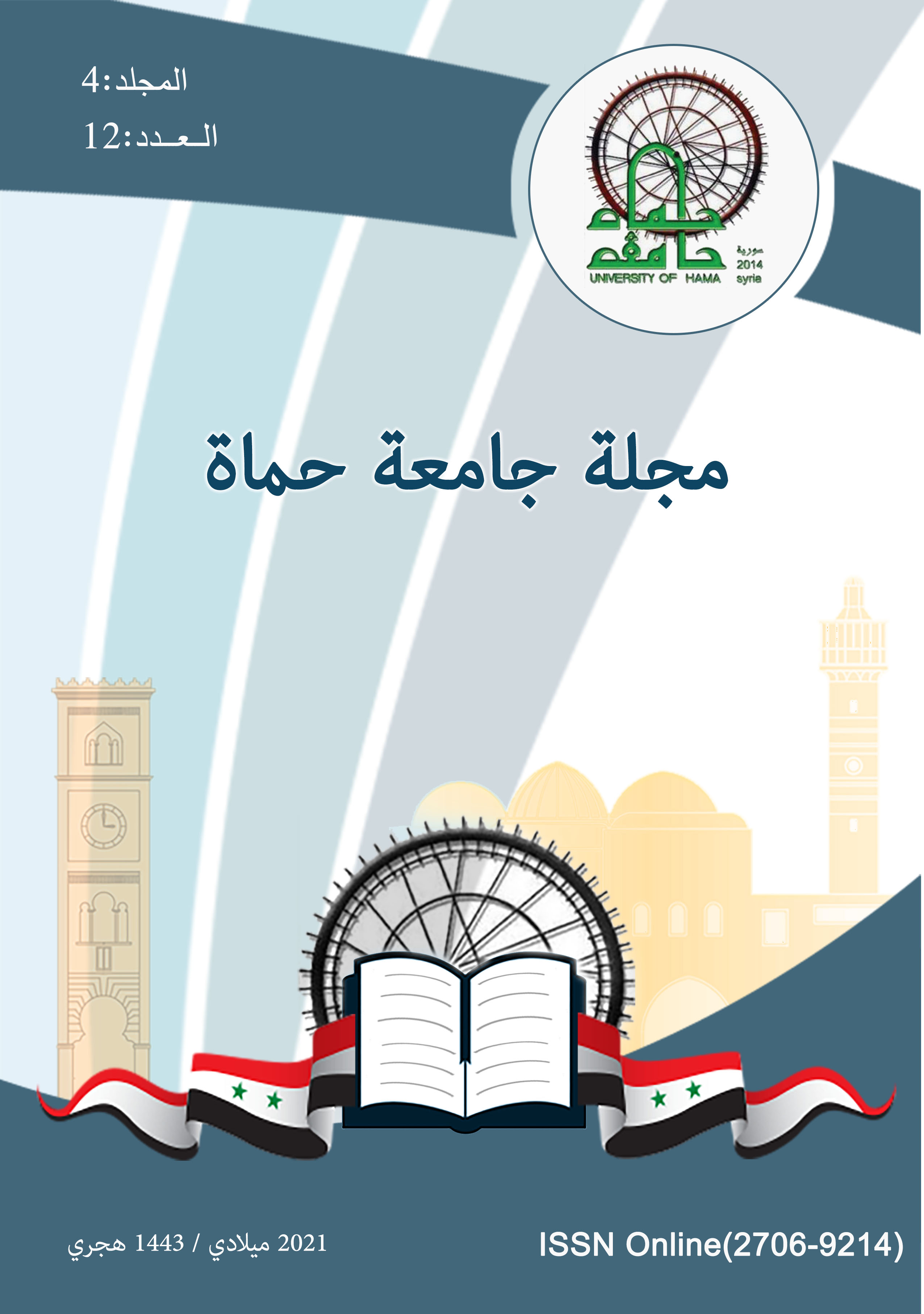Rhetorical Meanings of the Interrogative Noun (who) in the Diwan Al-mufaddlyat
الملخص
This research strives to trace the positions of the interrogative noun (who) in Diwan Al-mufaddlyat, and to clarify the rhetorical meanings that he went to in each place, for two reasons:
The first: the importance of the interrogative method and its frequent use and dependence, due to the ability of this method to move the mind and stimulate thought, and to involve the recipient in thinking and feeling, and carrying the many meanings in the brief statement.
The second: the great value of Diwan Al-mufaddlyat, which is reflected in the selection of Al-Mufaddal Al-ddabby (d.178 AH) of a number of the most important rare ancient poets’ poems, and their preservation from extinction. It has a grammatical linguistic value because it contains the rare language. and because it is poetic evidence that is invoked, it is within the age of protest.The research resorted to the descriptive-analytical method, which is based on induction, to track the interrogative places with (who) in the Al-mufaddlyat, and to clarify the rhetorical purposes of this interrogative style. For this purpose, the research focused on clarifying the characteristics of the interrogative noun (who) and counting its places in Al-mufaddlyat, and analyzing them with the aim of extracting the rhetorical meanings involved, with a focus on the meanings that the context provides that help direct the rhetorical purpose.
The research reached results that show the extent of the multiplicity of rhetorical purposes that were summarized by the interrogative noun (who) and its diversity, and the prominent role that the context played in showing the rhetorical purpose intended by the poet.


